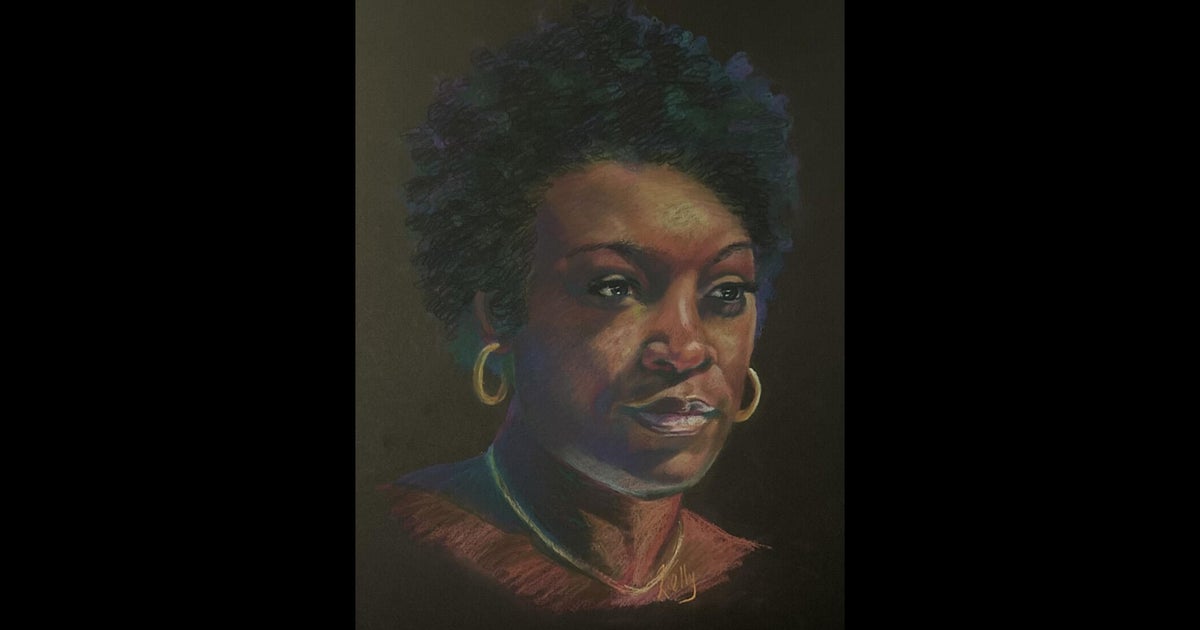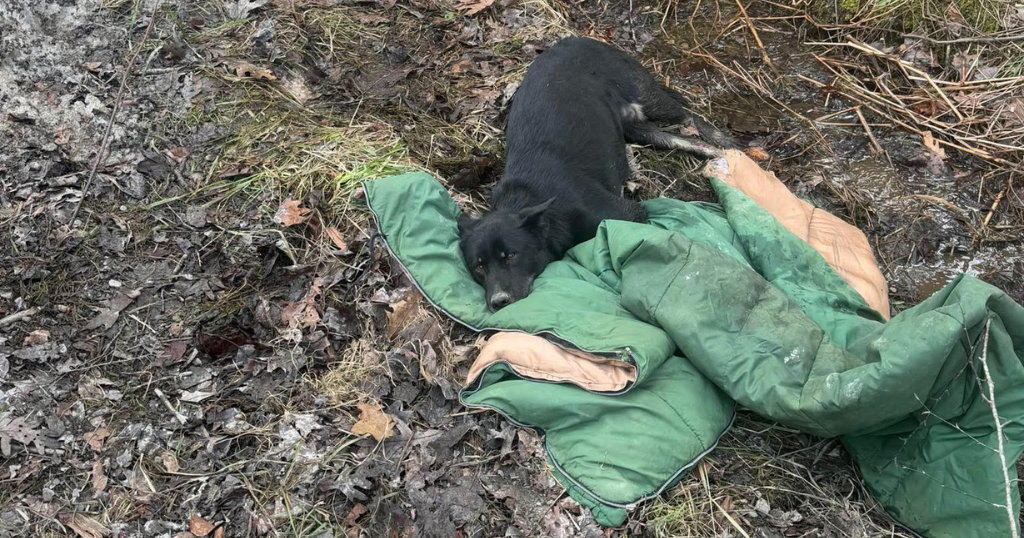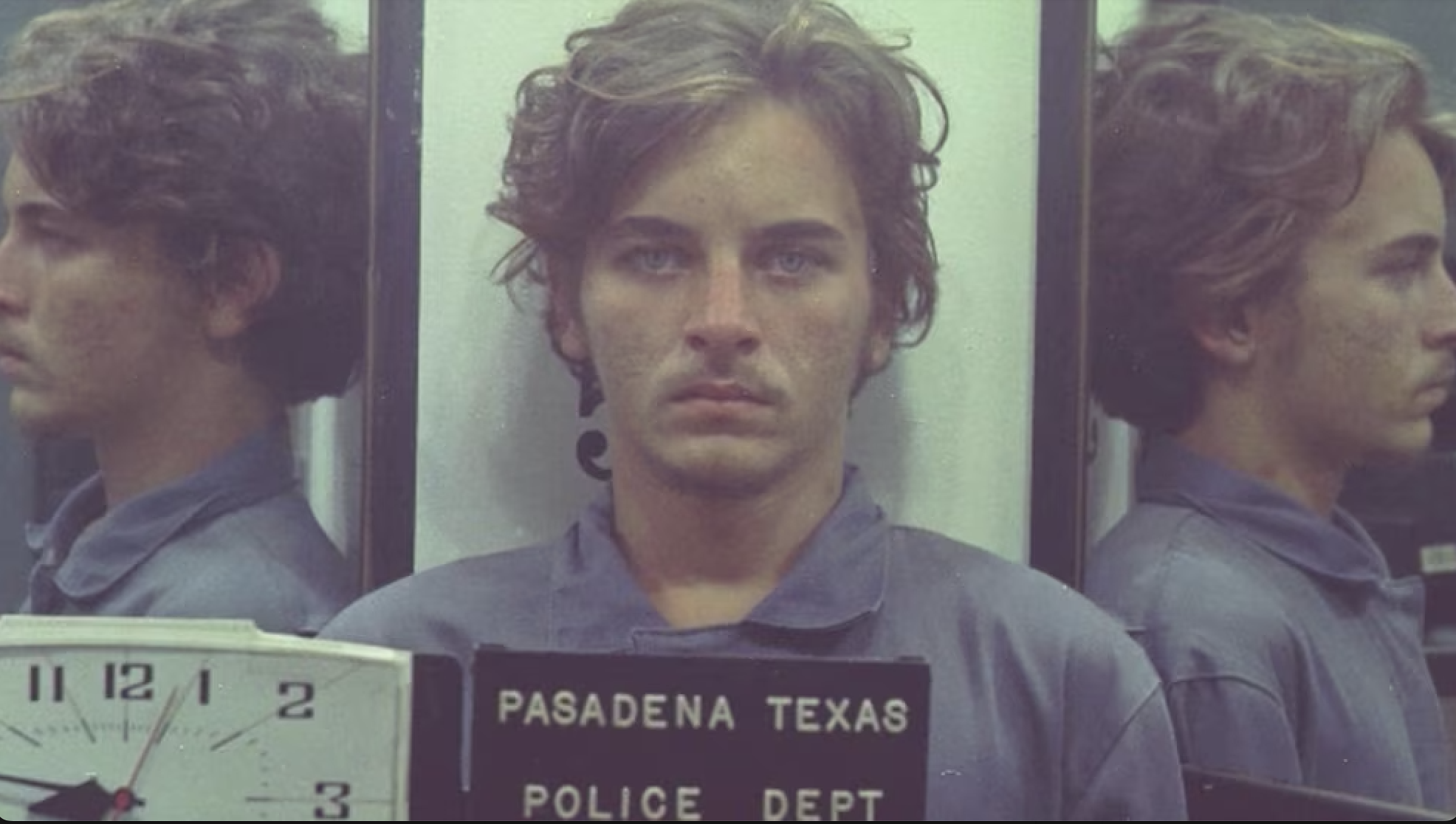Coroner seeks DNA from relatives of missing men to ID remains linked to suspected serial killer: "These people are someone's son"
An Indiana coroner's office is asking relatives of young men who vanished between the mid-1980s and the mid-1990s to submit DNA samples in a renewed effort to identify human remains found on land once owned by a man suspected in a string of killings, the scope of which remain unclear.
More than 10,000 human bones and bone fragments were discovered starting in the mid-1990s at Fox Hollow Farm, an 18-acre estate in Westfield, a Hamilton County city that's a few miles north of Indianapolis, said Jeff Jellison, the county's chief deputy coroner and coroner-elect.
The land's then-owner, businessman Herbert Baumeister, was 49 when he killed himself in Canada in July 1996 as investigators sought to question him about the remains.
Investigators believed Baumeister, a married father of three who frequented gay bars, lured men to his home and killed them. By 1999, authorities had linked him to the disappearance of at least 16 men since 1980, including several whose bodies were found dumped in shallow streams in rural central Indiana and western Ohio.
Jellison said in a news release that investigators believe the 10,000 charred bones and fragments found at Baumeister's property could represent the remains of at least 25 people.
CBS affiliate WTTV reported that the investigation started after Baumeister's 15-year-old son found a human skull while on the family's estate about 60 yards away from the home.
At the time, Baumeister explained away the discovery, saying it was part of his late father's medical practice, the station reported.
Three days after the boy discovered the remains, more remains were found by Hamilton County firefighters, perplexing investigators, the station reported.
"It's an unusual spot to find bodies," then-Sheriff Joe Cook is quoted as telling The Indianapolis Star.
He said 11 human DNA samples were extracted from the bones during the original investigation in the 1990s. Eight of those people, all young men, were identified and matched to DNA samples, but the three remaining DNA profiles are of unknown individuals, Jellison said.
Jellison, who takes office in January as the Hamilton County coroner, said in a news release that it "is not acceptable" the skeletal remains have sat on a shelf for about a quarter-century. He said, "we need to make every effort possible to identify these people and return them to their loved ones."
Jellison said the Hamilton County Coroner's Office is partnering with the University of Indianapolis' forensic archaeology laboratory, Indiana State Police and other law enforcement agencies to determine if some of the remains can be used to create additional DNA profiles.
Jellison said that so far about 100 bones have been identified that may be viable for DNA extraction.
He is encouraging relatives of young men who went missing from the mid-1980s to mid-1990s to submit a DNA sample to aid in the identification efforts. Anyone with a friend who went missing during that time-frame can also provide tips to investigators, Jellison said.
DNA was a relatively new investigative tool a quarter-century ago, but DNA profiling now "has become faster and more user-friendly," Jellison said.
"These remains represent people. These people are someone's son, someone's brother, someone's father. They're not just a box of bones. They're people and we have to pursue it," he said.
If you know someone who went missing in the Indianapolis area in the 1980s or 1990s, Jellison wants you to call the Hamilton County Coroner's Office at 317-770-4415.
"If you haven't seen your loved ones since the middle 90s, let's give this a shot," Jellison said. "They may be alive and well someplace, we don't know. But they also might have been one of the victims in this serial killing."



